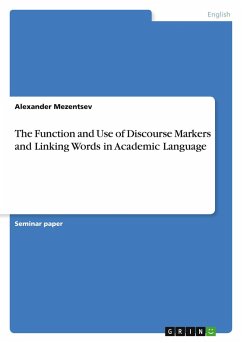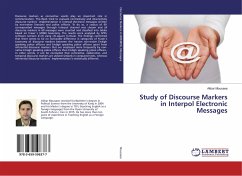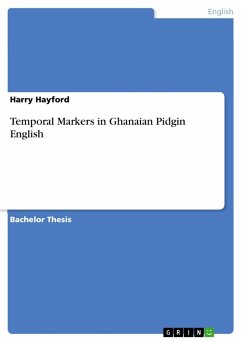There is an increasing body of research literature on discourse markers (DMs). The majority of the studies focus on uses of DMs by native English speakers. As English is becoming the international language and used by more and more non-native speakers, there is a need to examine the emerging discourse features of the English used by them including the uses of DMs. This study examines non-native Chinese English speakers uses of DMs. Data analysis includes a comparison of the uses of seven DMs: "and, but, so, because, well, you know and I mean" by Chinese and native English speakers in an English TV interview in terms of frequency and function. It is found out that the Chinese speakers English competence, social background and English media s special role in China could help explain the found similarities and differences between two groups of English speakers. The study could help provide more understanding towards DMs using and learning by L2 speakers, which is a relatively under-researched area and should be specially useful to professionals who are interested in analyzing L2 speaker's spoken discourse pattern, especially their uses of DMs.
Bitte wählen Sie Ihr Anliegen aus.
Rechnungen
Retourenschein anfordern
Bestellstatus
Storno








